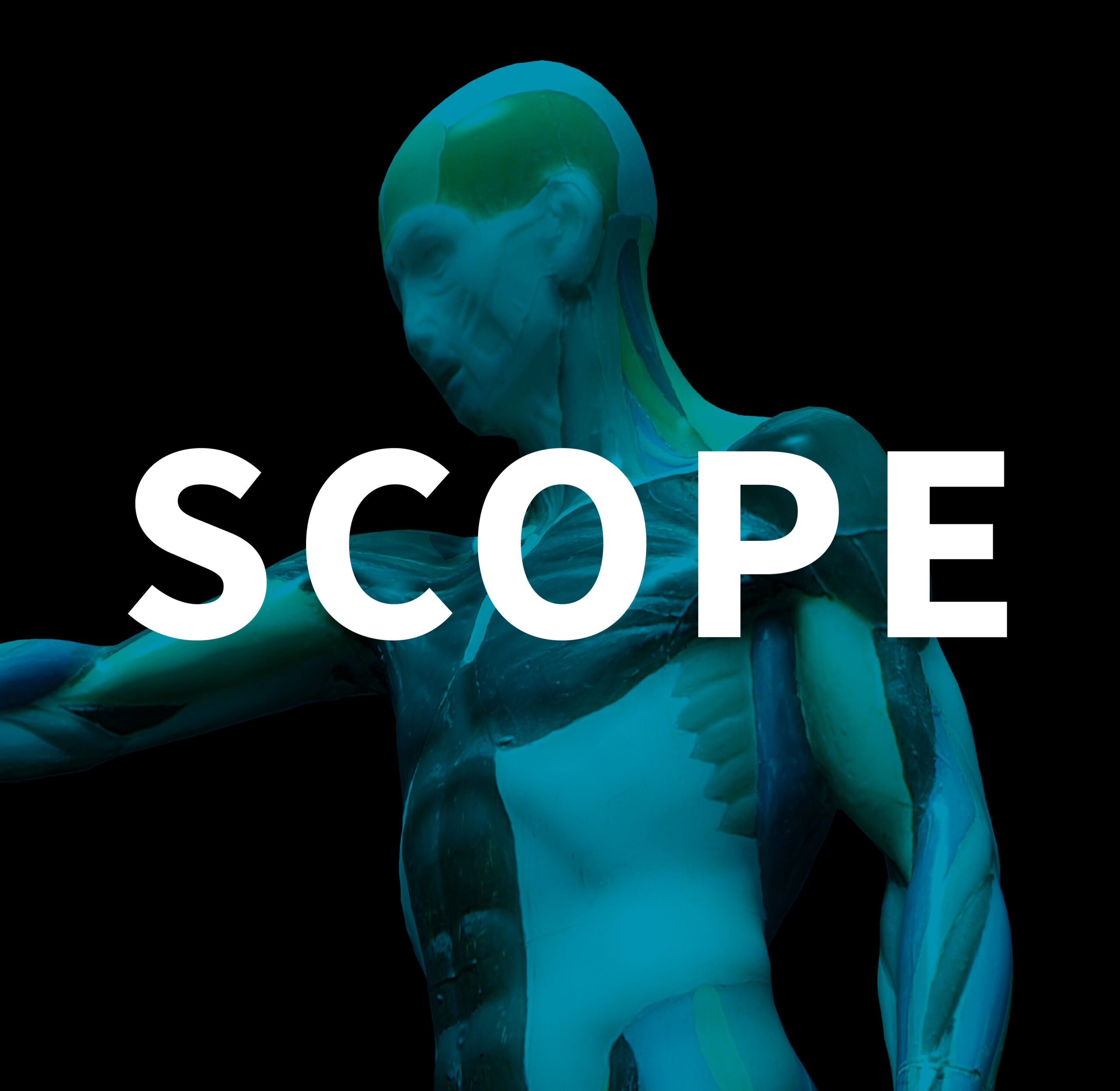Staff in the College can apply for either academic promotion or professional services regrading depending on their job role. The Academic Promotions process takes place annually and the Professional Services regrading takes place three times per year. Outcome letters have now been shared with all staff who applied in the most recent 2022/23 rounds.
Academic promotion data
Academic promotions are considered on four grounds:
- Education and Teaching
- Research
- Knowledge Exchange
- Leadership, Management and Citizenship
Each applicant will be put forward with different strengths but must excel in one or more of these areas. This year people have been promoted based on all of these individual criteria. All applications are submitted in writing, supported by references and are considered by a panel.
The genders used in the overall data are female and male which is in line with University of Edinburgh human resources current data gathering practice.
In the 2022 to 2023 cycle, 84 of our academic colleagues achieved promotion from a total of 95 applications. Of these, 31 are made professor (grade 10). Ten of our new professors are women, 21 are men. The 53 people promoted are split across grades seven to nine, with 3 people at grade seven, 7 at grade eight and 43 at grade nine.
Overall, more men applied for promotion than women in the most recent round. Of the applications made, 46% were from women and 54% from men. Success rates differed though; 48% of all people promoted are women and 42% men. This means marginally more women were successful in their promotion applications but overall more men have been promoted than women.
The College’s overall academic staff gender profile changes depending on grade. If you look at all staff excluding those at professorial level, 42% of our academic staff are male, 58% are female. This balance changes at professorial level where currently 71% of professors are male and 29% female.
Professional Services regrading data
The process for Professional Services regrading differs from Academic Promotions, in that it is the role itself that is regraded and not the individual post-holder. Applicants must demonstrate that there has been a significant change in the role responsibilities, knowledge, experience or skills required to do the job and a new job description must be written as part of the application process.
This year we congratulate the 171 Professional Service colleagues have successfully been moved to a higher grade.
The College’s overall staff profile by gender in Professional Services looks quite different to academic; we have a much higher proportion of female staff at 79%. At grade 10, the professional services equivalent of professor, 56% of our staff are women. There was no significant difference between success rates of applications from women or men and almost all applications resulted in a successful regrading. Overall, 159 of the applications were made by women and 13 by men.
Pay rises within grade – annual increments and the contribution reward process
All staff receive an annual cost of living increase and those who have not yet reached the top of their pay band move up a point on the pay scale on 1 August (provided they have three full months’ service in their grade by that date).
Colleagues in grades UE01-UE09 who excel in their role, whether academic or professional services, can be rewarded outside of this through additional increments or a lump sum award called the Contribution Reward Process. Nominations can be made by line managers, employees or by self-nominating (both individuals and teams). This reward recognises either sustained or one-off exceptional performance contributions throughout the year. This happens once a year for both academic and Professional Service colleagues. Decisions are made by a panel and are based on written applications. There is a separate but similar process for employees at Grade UE10 and other professorial grades.
For employees currently at the top of their pay band, a successful nomination under the Contribution Reward Policy will take them into what are known as the discretionary points on the pay scale.
Contribution Reward Policy (opens as PDF)
Our culture and future
Professor Julia Dorin and Dr Thamarai Dorai-Schneiders are joint Deputy Deans for Research Culture and Integrity. They are committed to helping to develop a culture where all are welcome and all are supported to thrive in the College as a place of work and learning. Everyone who contributes to the College has an influence on our culture through their own citizenship and choice of behaviour.
Looking over the data Professor Dorin said: “Huge congratulations to everyone who has been recognised for reward in this recent round. Success rates are high which reflects the huge effort that goes into preparing these applications. We still have some way to go to achieve gender parity at professorial level and this insight demonstrates the need to ensure our culture is equitable and inclusive and has a promotions process that is fair for everyone.”
Further information
Promotions data in detail – Excel spreadsheet (Sharepoint Excel file)
CMVM Promotions & Reward | The University of Edinburgh
Policies and Further Information (sharepoint.com)
Contribution Reward Policy Dec 11 (ed.ac.uk)

